There are lots of things to enjoy about winter: crisp walks, snowball fights and cosy evenings in front of the fire – not to mention the festive celebrations. But the change in season also brings with it a fresh set of challenges for homeowners everywhere.
The drop in temperatures and general freezing conditions can cause damage to your home and garden if the necessary precautions are not taken. Cold, wet and windy weather is the scourge of gardeners across the country, while it can also cause issues relating to your home and its exterior.
Ways to Protect Your Garden this Winter
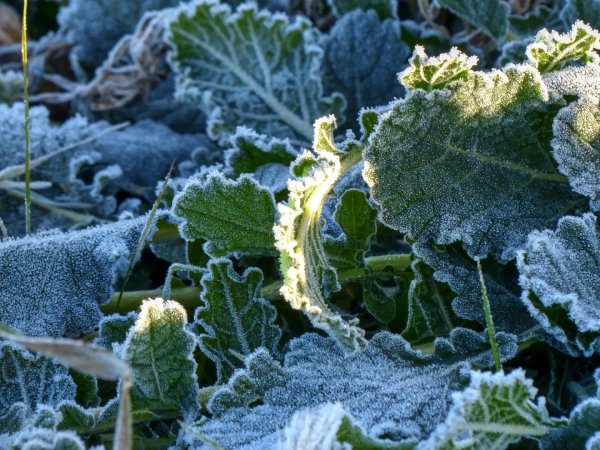
There are steps you can take to ensure your garden manages to survive the cold snap, meaning you can continue to get the best out of your space once spring arrives. Here are some of the winter garden protection measures to protect your garden this winter:
01. Cold Weather Plants Protection
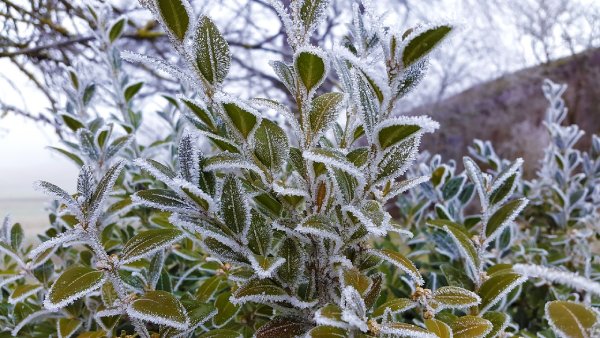
Flowers, trees and shrubs can all become damaged if the temperature drops to the point where the water in the plant cells freezes. To help protect them, here are the few preventive measures listed below:
- You can use coverings for the more tender plants, while those in pots can always be moved indoors. For tender plants, you can also cover plants with upturned bucket or flower pot during frosty conditions.
- It’s also best to avoid using fertilizers which are high in nitrogen, as the sappy growth that these encourage makes plants more vulnerable to damage in winter conditions.
- Where there is heavy snowfall, be sure to shake it from any trees or hedges, as the weight of the snow can cause branches to break.
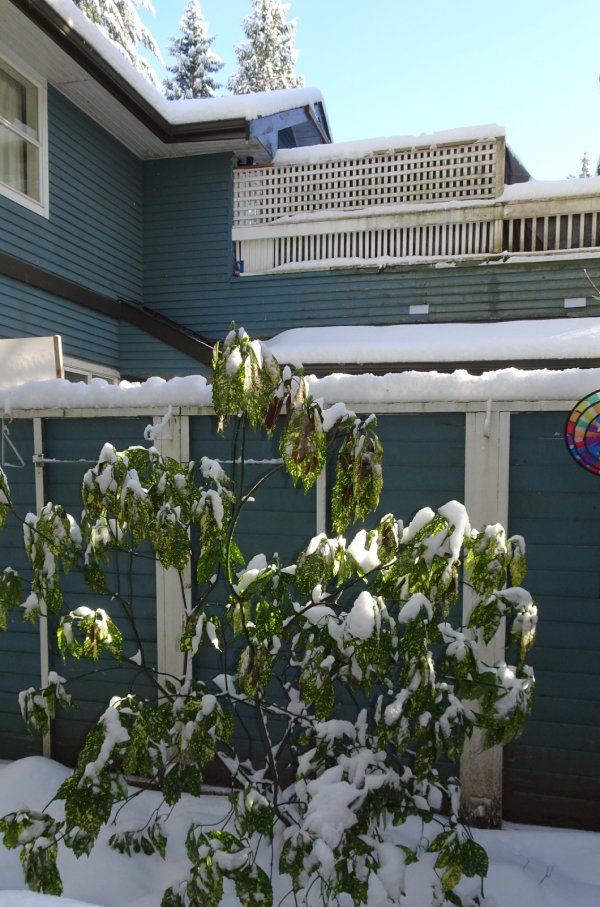
- Add a layer of mulch which acts like a winter protection blanket and helps to maintain soil moisture, provides insulation for marginally hardy plants. Mulch made from light-weight materials like pine straw and chopped leaves are also suitable for winter plants protection. it is garden miracle-worker at any time of year and especially an important part of winter care.
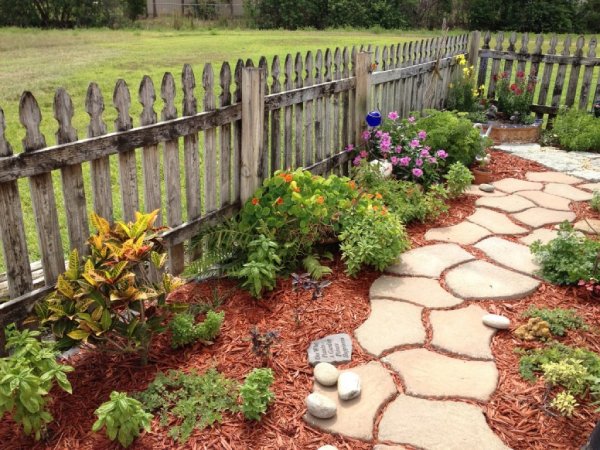
- Watering the plants during winter is one such concern to be taken care of…It should be done at the middle of the day so that the temperatures are a little warmer. it is because plant are unable to draw up water from their roots if the soil is frozen. Additionally, wet soil hold heat better than dry soil, protecting roots and warming air near the soil.
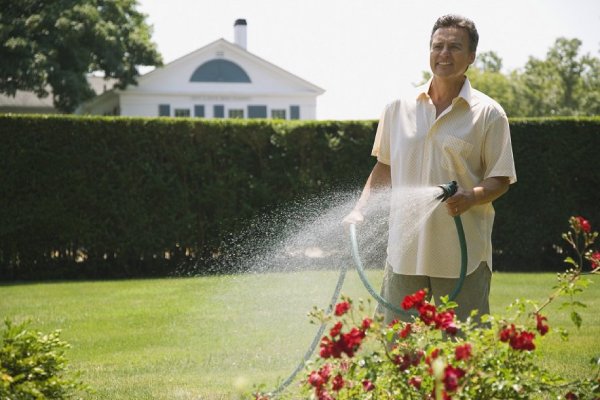
- Bring the potted plants into an area like garage where temperature extremes are moderate which helps the plants, roots to stay warm.
- Tie-up the open-branched trees and shrubs which helps to avoid catching snow and ice.
- keep the containers in a dry and sheltered area which is clustered close and grouped together for mutual protection close to the house.
- plant must be protected from cold, wet weather by wrapping them with horticultural fleece.
02. Cold Weather Fence Protection
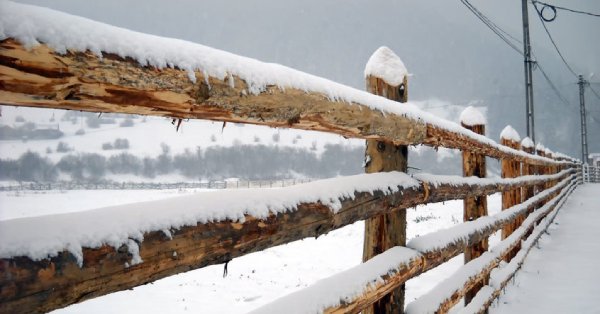
It’s not just the plant life that can experience a tough time of it during winter – the structures around your garden can also take a bit of a beating once the cold weather sets in. For example, trellis and fencing can get blown over by strong winds, which has the potential to cause serious damage to your garden as well as that of your neighbours. To help protect your wooden fencing from extensive winter damage, here are the few preventive measures listed below:
- If you’re expecting stormy conditions, it could be worth fixing some sturdier brackets to hold your fencing more firmly in place.
- Make sure you know which drill you need to create holes and, if you’re not entirely confident in your DIY skills, call on the help of a professional or a friend who’s handy with the tools.
- Secure any unstable fence posts by replacing the individual posts and replace any broken or damaged panels.
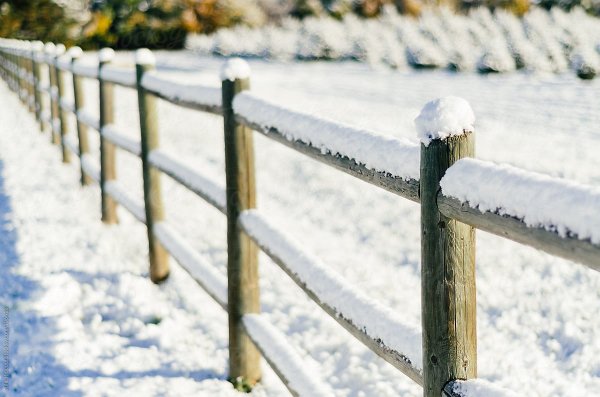
- Keep the base of your wooden fence dry and out of the moist ground. Water collected at the base of the fence can rot the fence. So, install concrete or pressure treated gravel boards for protection against moisture and rot.
- Use the preservative to protect against decay, fungi and mould. For this you need to choose a right kind of preservative for your wooden fence.
- If your fence is in a condition of replacement, choose high quality, pressure treated panels for a longer life.
Besides wooden fencing, if you want to explore new options for fencing, here they are:
03. Proper Drainage
As autumn turns to winter, there’s one issue that can cause fairly major problems if it’s not dealt with – leaves. As they fall from the trees surrounding your property, they get clogged in drains and guttering, which can lead to harmful blockages. Here are some of the preventive measure before the winter arise:
- As winter approaches, it’s best to keep an eye on any accumulation of leaves or twigs, and regularly clean out your gutters – all it takes is a ladder and a bucket. It’s rarely a fun job, but it means the rain and snow that falls in winter will be able to drain away properly, which will reduce the risk of flooding and leaks. To know more in detail about why gutter cleaning is a must, check it here: What You Need to Know about Rain Gutters?
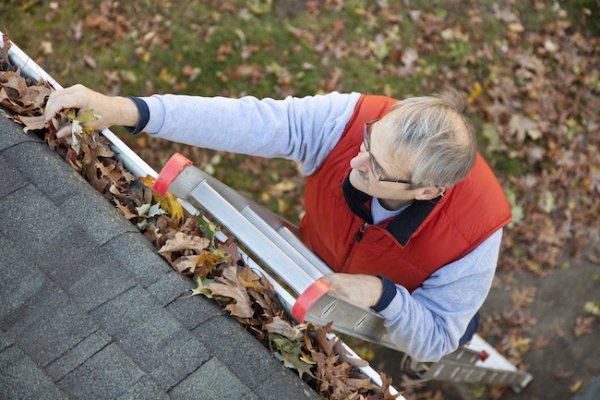
- Make sure that there is adequate drainage to avoid water collection anywhere in your garden which can result in drowning of surrounding plants. Additionally, make sure that there is an appropriate runoff sloping away from the garden, and the most important thing is to make sure that the slope is not blocked.
- Use a waterproof covering like tarpaulin to provide shelter to young and tender plants. this covering must be positioned in slant direction to ensure that there is sufficient drainage away from surrounding foliage.
- Additionally, with water present throughout the winters can cause damage to the base of your wooden fence. Hence, you must also think about how to create an effective drainage channels away from the base of your fence.
Summarizing, on a final note, winter is the best time to get out in the garden and protect your sensitive and tender plants. Winter garden protection measures help the plant from winter scald and frozen roots. Proper fencing and effective drainage help to secure your garden from winter damage.
Image Courtesy: Image 8
